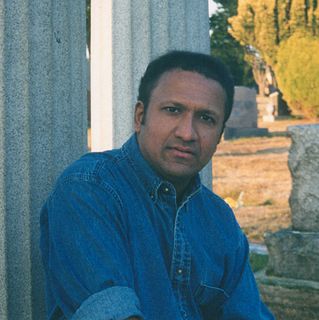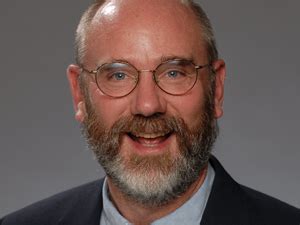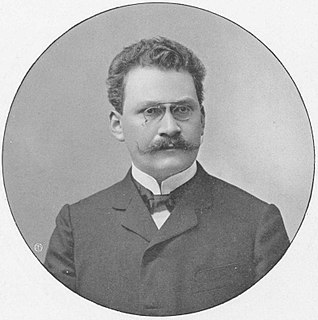A Quote by Deepak Chopra
Rigid belief systems, including skeptism, is signing up for the suppression of curiosity.
Quote Topics
Related Quotes
I myself am not comfortable with the notion of secularists congregating in groups, except perhaps for defensive purposes: the last thing a secularist should wish to do is to act like a religion, with its rigid hierarchies, its suppression of divergent opinion, and, above all, its ruthless attempts (now mercifully inhibited by laws) to outlaw "heresy" by brute force. Opinions must be changed, one at a time if necessary, but if there are those who wish to persist in religious belief, they should certainly be allowed to do so.
Abstract systems depend on trust, yet they provide none of the moral rewards which can be obtained from personalised trust, or were often available in traditional settings from the moral frameworks within which everyday life was undertaken. Moreover, the wholesale penetration of abstract systems into daily life creates risks which the individual is not well placed to confront; high-consequence risks fall into this category. Greater interdependence, up to and including globally independent systems, means greater vulnerability when untoward events occur that affect those systems as a whole.
This new large-scale spiritual awakening is occurring primarily not within the confines of the established religions, but outside of those structures. Some of it, however, is also happening within the existing churches and religious institutions wherever the members of those congregations do not identify with rigid and exclusive belief systems whose unconscious purpose is to foster a sense of separation on which the egoic mind structures depend for their survival.
I think that things like curses or whatever - those labels - come from belief systems, universal belief systems. So when you get a global consciousness of something, then that becomes a quote-unquote "truth" for everybody. You know, "This is what happens in the Kennedy family." "This is what happens with the Hemingways." And the more people believe in it, the more it kind of resuscitates the problem; it keeps bringing life to this idea that a curse exists that you can never get out from under.
The rigid electron is in my view a monster in relation to Maxwell's equations, whose innermost harmony is the principle of relativity... the rigid electron is no working hypothesis, but a working hindrance. Approaching Maxwell's equations with the concept of the rigid electron seems to me the same thing as going to a concert with your ears stopped up with cotton wool. We must admire the courage and the power of the school of the rigid electron which leaps across the widest mathematical hurdles with fabulous hypotheses, with the hope to land safely over there on experimental-physical ground.



































